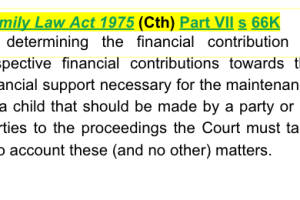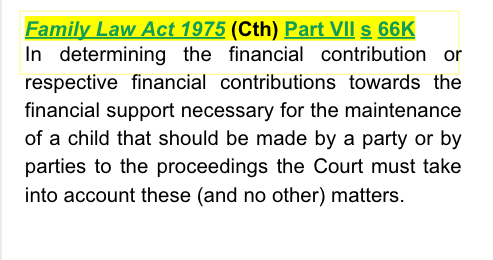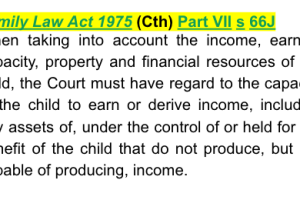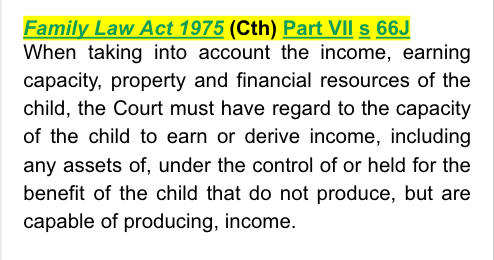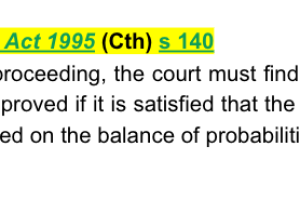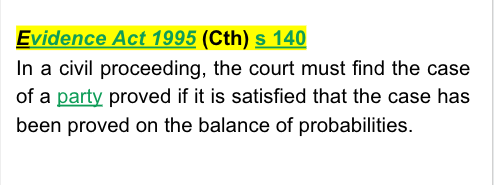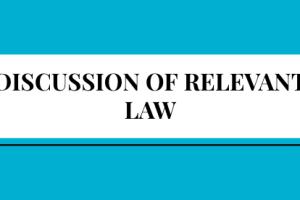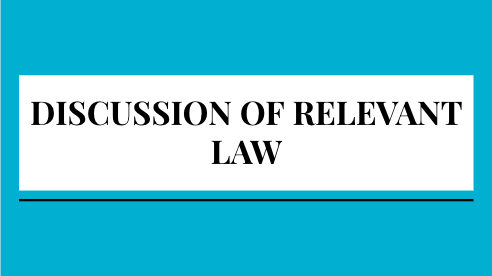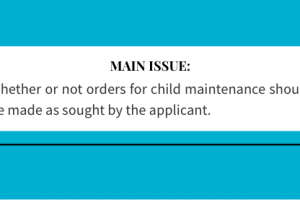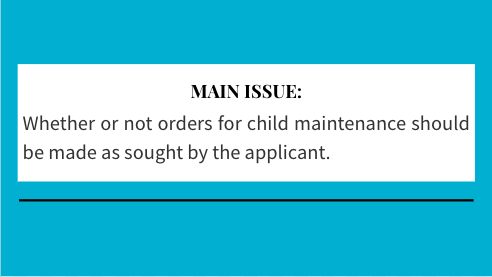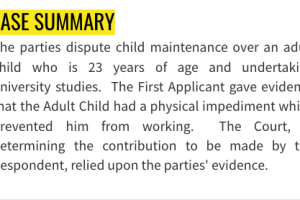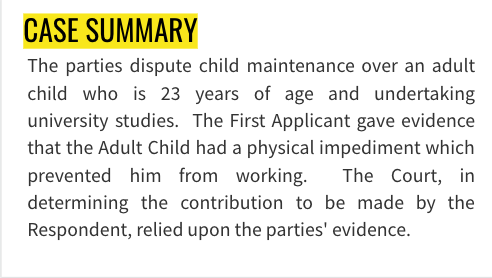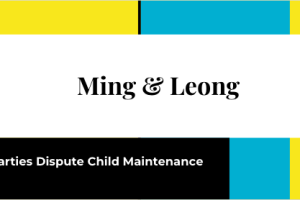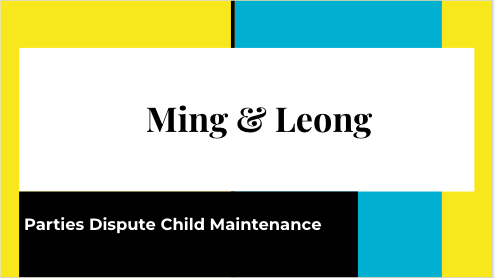- · 4743 friends
Parties Dispute Child Maintenance

Ming & Leong [2022] FedCFamC2F 973 (30 August 2022)

The parties dispute child maintenance over an adult child who is 23 years of age and undertaking university studies. The wife gave evidence that the Adult Child had a physical impediment that prevented him from working. The Court, in determining the contribution to be made by the husband, relied upon the parties' evidence.

Facts
The parties married in 1996 and separated in 2012, being about a 16 year relationship. They divorced in 2014. There is one child of the relationship, being the subject of this application. Matrimonial property proceedings commenced in this Court in 2014. Final Orders were made by Judge Coker on 19 January 2017.
Those Orders were then successfully appealed. The matter was remitted for hearing before Judge Coates. Final Property Orders were again made on 11 July 2019. In 2020, the mother applied for an extension of time to appeal the Orders of Judge Coates. That application was dismissed.
The current proceedings for adult child maintenance were then commenced by the mother on 27 November 2020. The husband filed a Response on 8 February 2021 however in that document he sought Orders about conduct rather than adult child maintenance. By Orders made on 23 February 2021, he was directed to file an Amended Response and a notation was made to the effect that the Response “fails to seek an order the Court is able to make and does not provide a response to the orders sought for adult child maintenance”. The (First) Amended Response was filed on 10 March 2021.
On 17 May 2021, procedural Orders were made. The Court advised the parties that this is not a property settlement trial and that the Court will not be re-visiting the previous property matters NOTING that the parties have had two separate property trials by two different Judges. The Court has advised the parties that the adult child who is the applicant will need to attend Court for the trial, prepare documents as set out in these Orders, and be ready to be cross-examined. The wife filed an Amended Initiating Application on 20 April 2022 and a (Further) Amended Response was filed by the husband on 10 May 2022.
The Adult Child is 23 years of age. He completed his high school education and has moved to study at D University. The parties agree that the Adult Child did well at school and graduated from high school going straight to university. He lives with and is supported by his wife.
The wife’s evidence is that the father and son discussed the son going to university but the husband would not agree to meet the fees. The husband gave evidence that he preferred to provide practical rather than financial support. The wife’s evidence is that the Adult Child is currently at university part-time because she cannot pay the fees required for him to attend full-time. The wife gave evidence that the Adult Child had a physical impediment that prevented him from working.
The wife’s expenses far outweigh her government income. Her only significant asset is the home in which she and the Adult Child live, and that has not yet been transferred to her name. The wife has borrowed money from friends and family to enable her to meet the Adult Child’s university fees. The wife has met all expenses for the child in the ten years post separation other than $480 paid by the husband to meet internet fees.
The wife stated that Judge Coker ordered the husband to pay $30,000 in child support, the judgment, and Orders in fact reflect a cash adjustment of $30,000 as part of the property settlement. In any event, that decision was set aside by the Full Court and the subsequent Orders of Judge Coates require the wife to pay $14,000 to the husband.

Issue
Whether or not orders for child maintenance should be made as sought by the applicant.

Applicable law
Evidence Act 1995 (Cth) s 140 - provides that in a civil proceeding, the court must find the case of a party proved if it is satisfied that the case has been proved on the balance of probabilities.

(a) to enable the child to complete his or her education; or
(b) because of a mental or physical disability of the child.


Analysis
At the time of the hearing, the fees for the next semester in the sum of $3,760 were due in June 2022, however, the Adult Child had only $1,100 in his bank account. The Adult Child’s evidence was that he had no plans how to pay that amount and his mother put it to him that she would need to borrow more money to keep him in university. The evidence of the husband was that at almost 24 years of age the Adult Child needed to be more independent, work for at least a few hours per week to contribute to his own costs of living, and learn to have more respect for money.
Based on their Financial Statements, both parties estimate the value of the Suburb R property at $300,000. The wife estimates the value of the Suburb C property at $125,000 and the husband at $65,000. There is in reality no impediment to the Adult Child working, for example, 20 hours per week whilst he is studying part-time, and perhaps less hours if he returns to full-time study. The husband suggested that the Adult Child could take out a loan to meet his school fees. There is no evidence of incapacity. However, the poor relationship that currently exists between the husband and the Adult Child should not be a bar to the making of an Order that the husband be responsible for contributing to the Adult Child’s necessary expenses.
Conclusion
The loans were taken out by the wife and they are properly her responsibility. The provision of maintenance is necessary to enable the Adult Child to complete his education. The reasonable and necessary expenses for the Adult Child to complete his tertiary education is $711 per week. The Adult Child has the capacity to contribute to his own expenses. The wife has the capacity to contribute to an unknown extent. The husband has the capacity to contribute, in that whilst he is not working full time he has the capacity to do so. The husband has the greatest income earning capacity and further, he has not made any financial contributions to date, noting that the Adult Child gave evidence that he commenced his studies in 2017. In short, it is the husband’s time to contribute to the endeavours of the Adult Child. Orders are made for the husband to contribute to the Adult Child’s university fees by way of a weekly payment of $155 per week.


